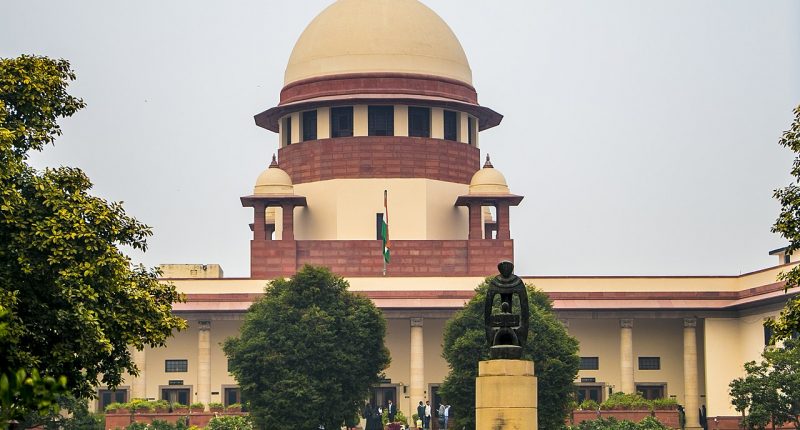India’s Competition Commission of India (CCI) has approached the Supreme Court to break the legal impasse surrounding its ongoing investigation into alleged anti-competitive practices by Amazon and Flipkart. The case has, so far, faced repeated delays due to a spate of legal challenges filed by the companies and their affiliates. These issues have effectively paralyzed the probe, prompting the CCI to seek the intervention of the SC in order to consolidate and resolve the pending matters.
The investigation dates back to January 2020, when the CCI launched an inquiry based on complaints from the Delhi Vyapar Mahasangh, a traders’ group representing small retailers. At that time, both Amazon and Flipkart were accused of indulging in practices that gave unfair advantages to certain sellers on their platforms. Among the alleged tactics were preferential listings, deep discounts, and exclusive sales arrangements that marginalized smaller vendors and distorted fair competition. The e-commerce platforms denied these accusations, insisting that their operations are in compliance with Indian laws.
After more than two years of scrutiny, the CCI announced earlier this year (in August, to be precise) that it had found evidence supporting claims of anti-competitive behavior. The investigation revealed that both Amazon and Flipkart had favored a select group of sellers, often entities with close financial or operational ties to the platforms. These sellers were shown to receive preferential treatment in product visibility and pricing, effectively sidelining smaller competitors. In addition to this, both e-commerce platforms allegedly colluded with smartphone manufacturers like Samsung and Vivo – the businesses were accused of launching exclusive online products in a bid to stifle competition and limit the choices of consumers.
Since the report was released by the CCI, more than 20 lawsuits have been filed across various High Courts, including those in Delhi, Karnataka, and Telangana. These legal petitions have questioned the procedural integrity of the investigation, with some arguing that the CCI exceeded its jurisdiction in conducting raids on the premises of third-party sellers. During the raids that took place over the past four years, the antitrust regulator was said to have collected confidential financial records and communications from sellers such as Cloudtail and Appario Retail, who argue that they were unfairly targeted.
“Not only was there gross violation of principles of natural justice but confidential and proprietary data of the Petitioner as also sensitive personal data and information of officials of the Petitioner were seized during the search and seizure operation. The Petitioner had raised immediate concerns with the Respondents in respect of the utter disregard to the mandatory condition precedents prescribed by law for the conduct of such operations.” Appario had told the Karnataka High Court earlier this year.
For now, several High Courts have issued interim orders preventing the CCI from taking further action, effectively stalling the regulatory process. In its plea to the Supreme Court, the CCI has asked for the lawsuits to be transferred to the apex judicial body, and the filing is likely to be heard this week.
The Tech Portal is published by Blue Box Media Private Limited. Our investors have no influence over our reporting. Read our full Ownership and Funding Disclosure →






